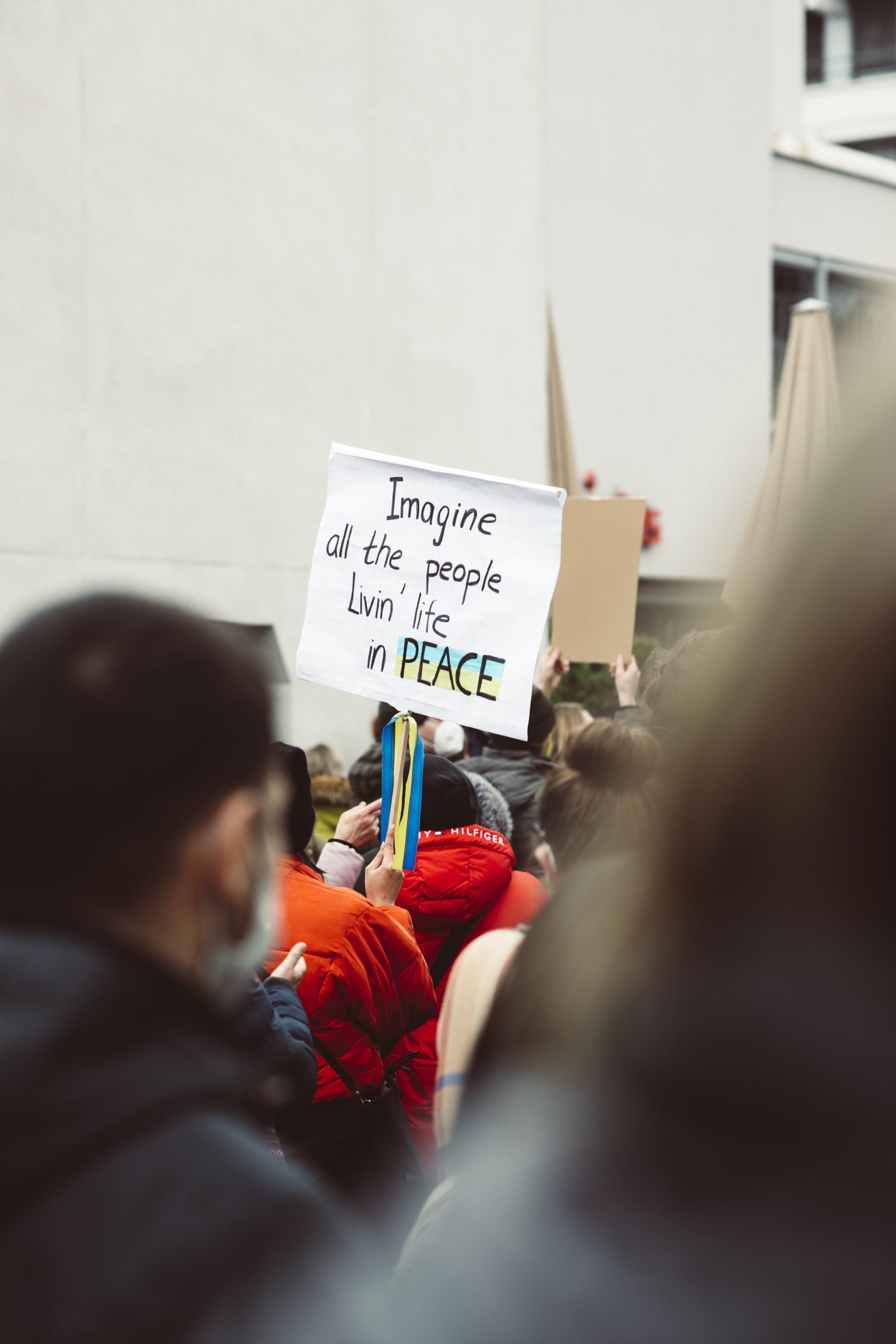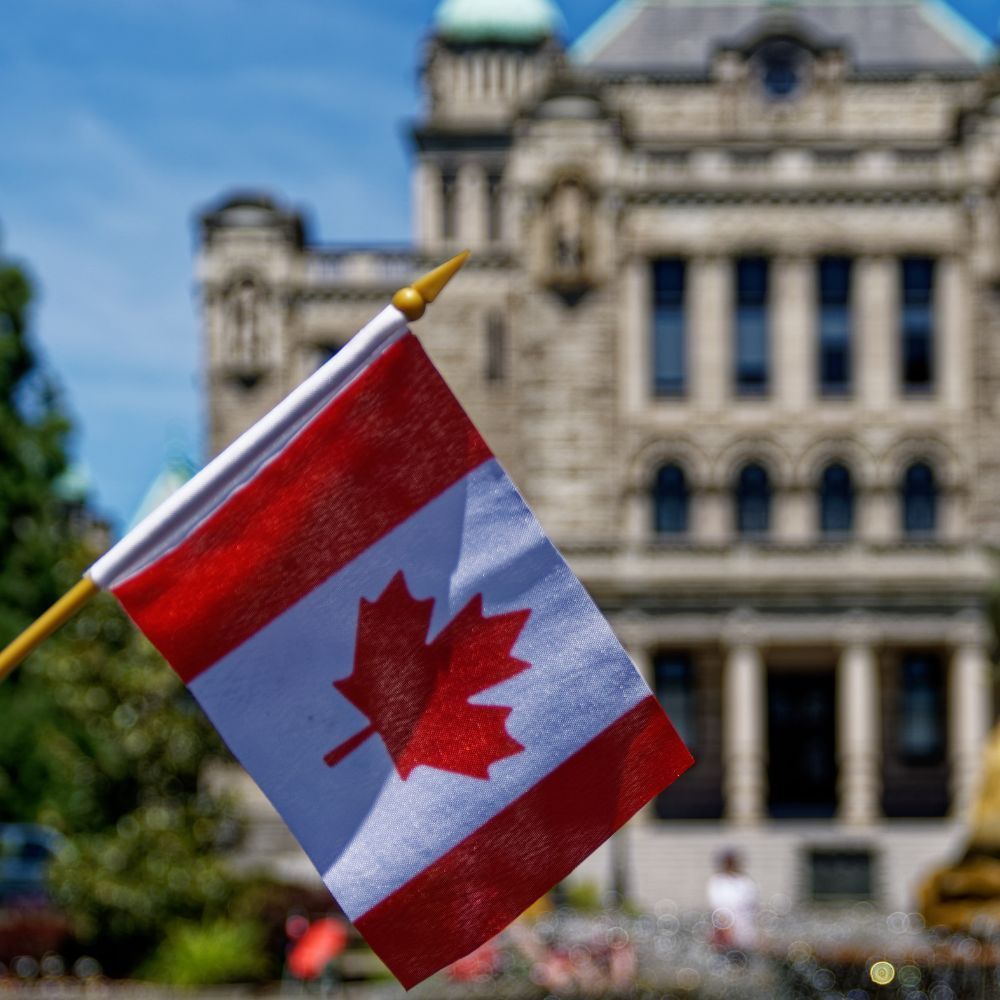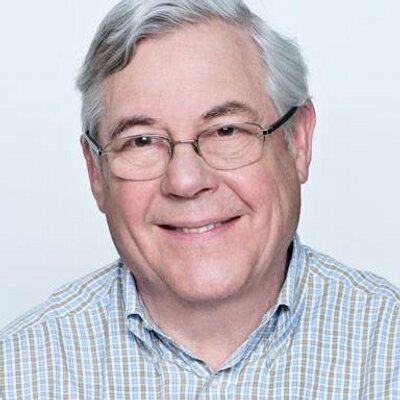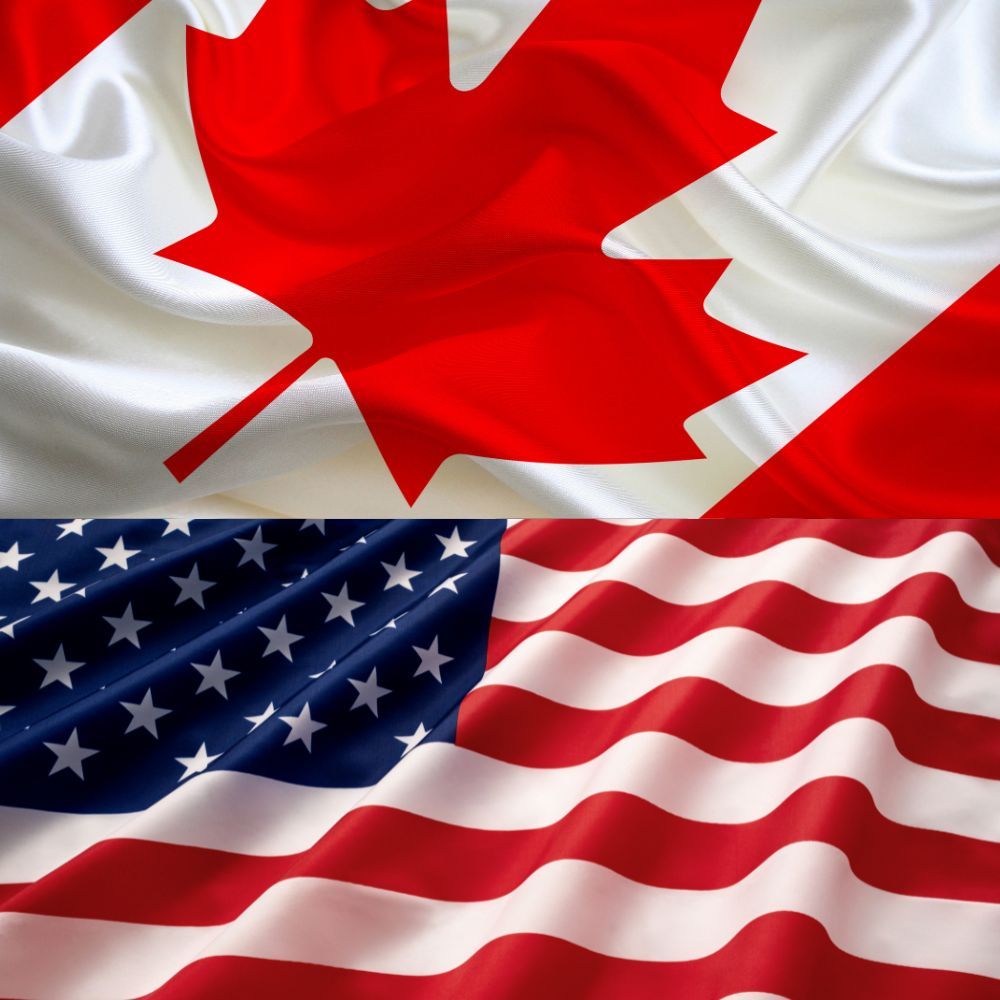Are We Facing a Nuclear War Crisis Similar to the Cuban Missile Crisis?
On October 22, 1962 President John Kennedy made a scary TV address which showed the world aerial photos of Soviet nuclear missile installations in Cuba. He explained that a naval blockade around Cuba would be enforced, and said ominously that the U.S. was prepared to use military force if necessary to neutralize this threat to national security. Following this news, we were all fearful that the world was on the brink of nuclear war.

At the time I was the young wire editor at the Guelph Mercury and watched the chugging Canadian Press machine spew out hourly news of the escalating and threatening situation developing between the Soviet Union and the United States. Nuclear armed B52’s were airborne and the Russian leader was Sabre rattling like his successor today.
But in contrast to today there was direct negotiation between Khrushchev and Kennedy. Finally, on October 28 Krushchev capitulated. Work on the missile sites was stopped and the missiles would be returned to the Soviet Union. In return, Kennedy committed the United States would never invade Cuba.
So in a situation where Russian President Putin is watching predominantly US armed Ukrainian troops driving his forces out of larger and larger areas of territory he had coincidentally annexed as part of Russia, he is continually threatening to use tactical nuclear weapons. President Biden and the Pentagon warn of “catastrophic consequences” should the Russians make good their threat. The various scenarios that are possible would all likely-involve major US military attacks on Russian positions in the Ukraine. This kind of escalation could lead to more nuclear deployment.
Learned opinion on what will happen goes this way: Ukrainian forces just retook Lyman, a crucial rail and transport hub, and this could unhinge much of the Russian defense of northern Donbas. Thus Russia is backed into a tight corner. Having just upped the ante with staged referendums, proclaimed annexations, and televised fanfare in Moscow, Putin may just do something more drastic to demonstrate real strength by making good on his threat to use tactical nuclear weapons.
Or, facing further defeats, much has been written on Russia’s non military strategic powers which he may use: radical warfare including cyber, communications, undersea cable sabotage, satellite, and pipeline sabotage, and other "unconventional" methods. Equally horrific for the west.
Are we already seeing early signs of escalation, just as in the cold war 60 years ago the photos of missiles in Cuba was the trigger for a huge crisis, photos were posted on the Telegraph World New recently showing a train operated by the secretive Russian nuclear division and linked to the 12th main directorate of the Russian ministry of defense heading towards the front line in Ukraine. There will be more.
There would also appear to be no viable contact between NATO, the US administration and the leadership in Moscow. And no ongoing talks between Ukraine and Russia. No lines for negotiation, and no reason to believe Putin has any desire to engage.
We would all do well to listen to Mykhailo Podolyak, Advisor to the Head of the President's Office in Ukraine, quoted from an interview with Wirtualna Polska: "A big agreement on war and peace is impossible as Russia is not interested in it. The Kremlin believes that Ukraine should be wiped off the face of the earth by military means. They also have intentions regarding Moldova, Georgia and Kazakhstan. They want to dictate the rules of the game to Europe. There is no peace in these plans."
It is clear that even a truce allowing Russia to retain borders of previously occupied territory would be totally unacceptable to the Ukrainian leader. And Putin’s desire to keep the annexed territories is also non-negotiable.
Consider the very different situation which led to the de-escalation of the missile crisis 60 years ago. Kennedy and Khrushchev made real efforts throughout the crisis to clearly understand each others’ intentions, while all the world hung on the brink of possible nuclear war. No such desire exists today. Putin is a pariah and terrorist in the midst of western leaders. French President Macron alone has maintained direct contact with Putin but nothing has come of their conversations.
Most observers agree that avoiding a serious nuclear escalation in the next months will depend on the ability of Putin to remain in power as his nation is being depopulated of draft age men and increasingly restless with his war, for which he is at last being openly criticized for.
By Patrick Gossage
Note, this article ran in the
Ottawa Life Magazine (OLM)
Patrick Gossage Insider Political Views




